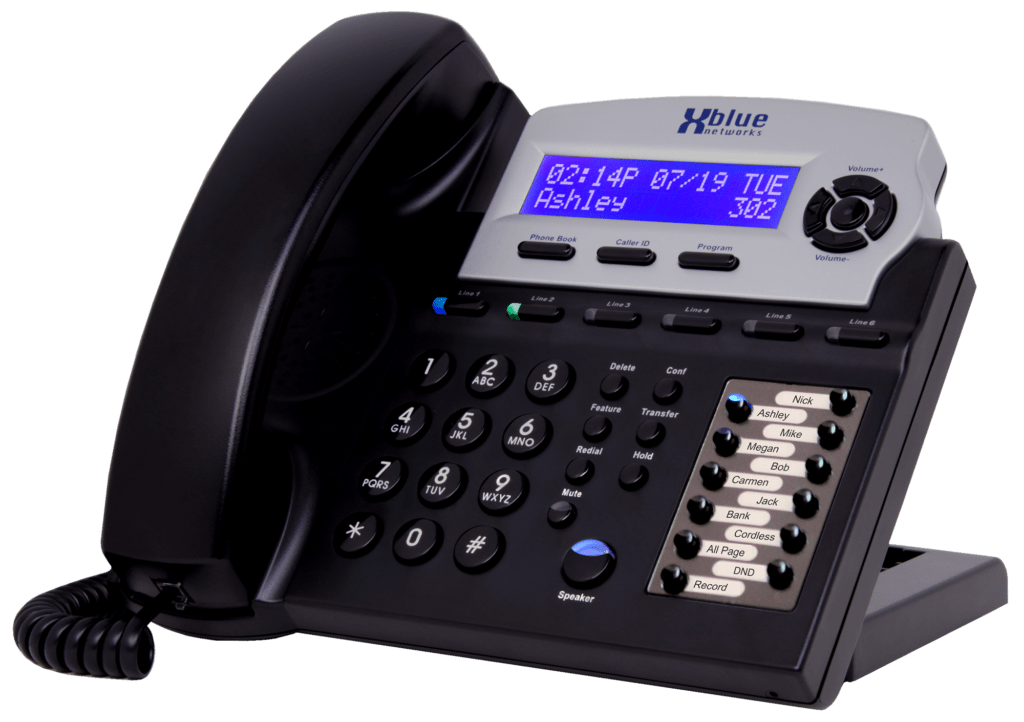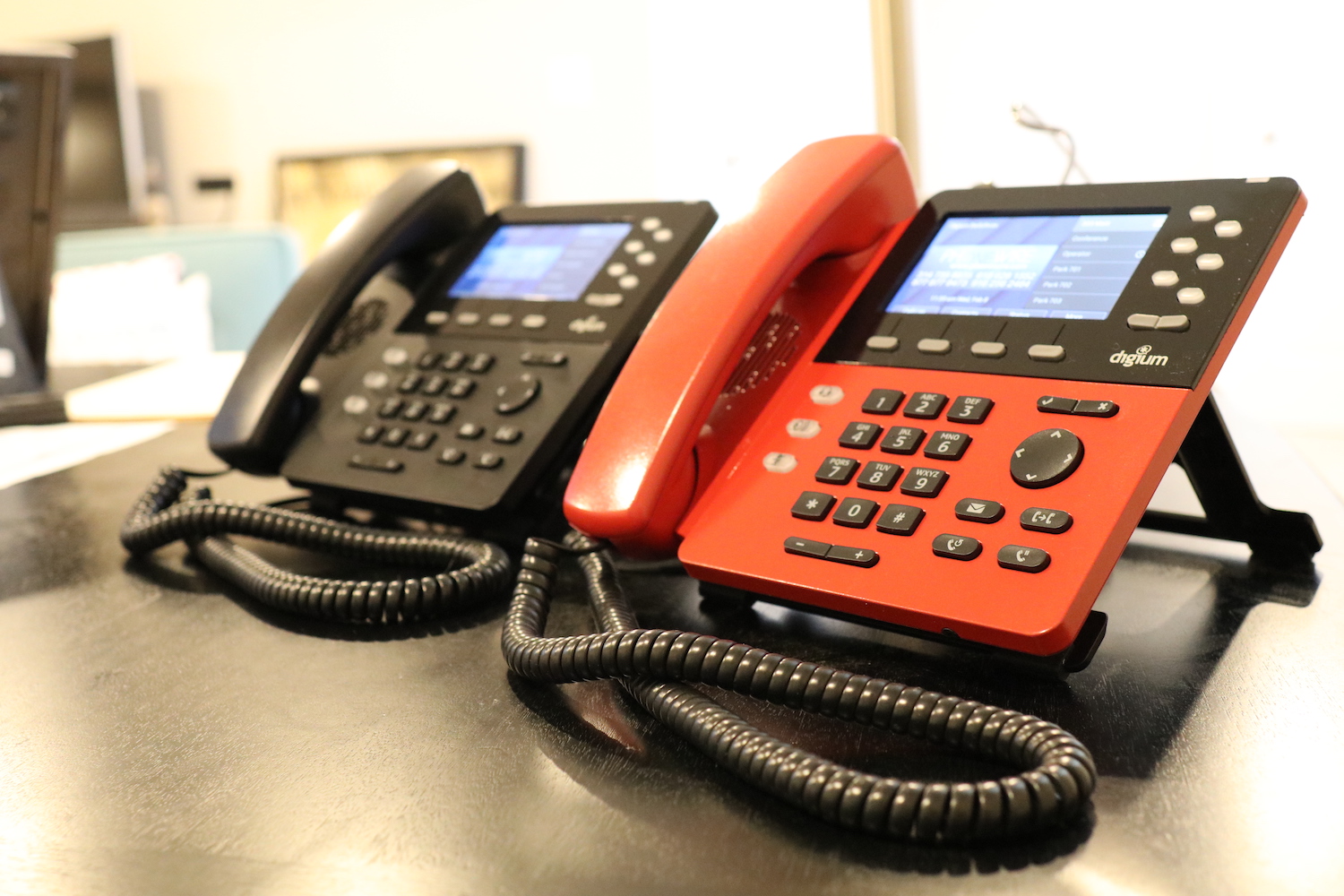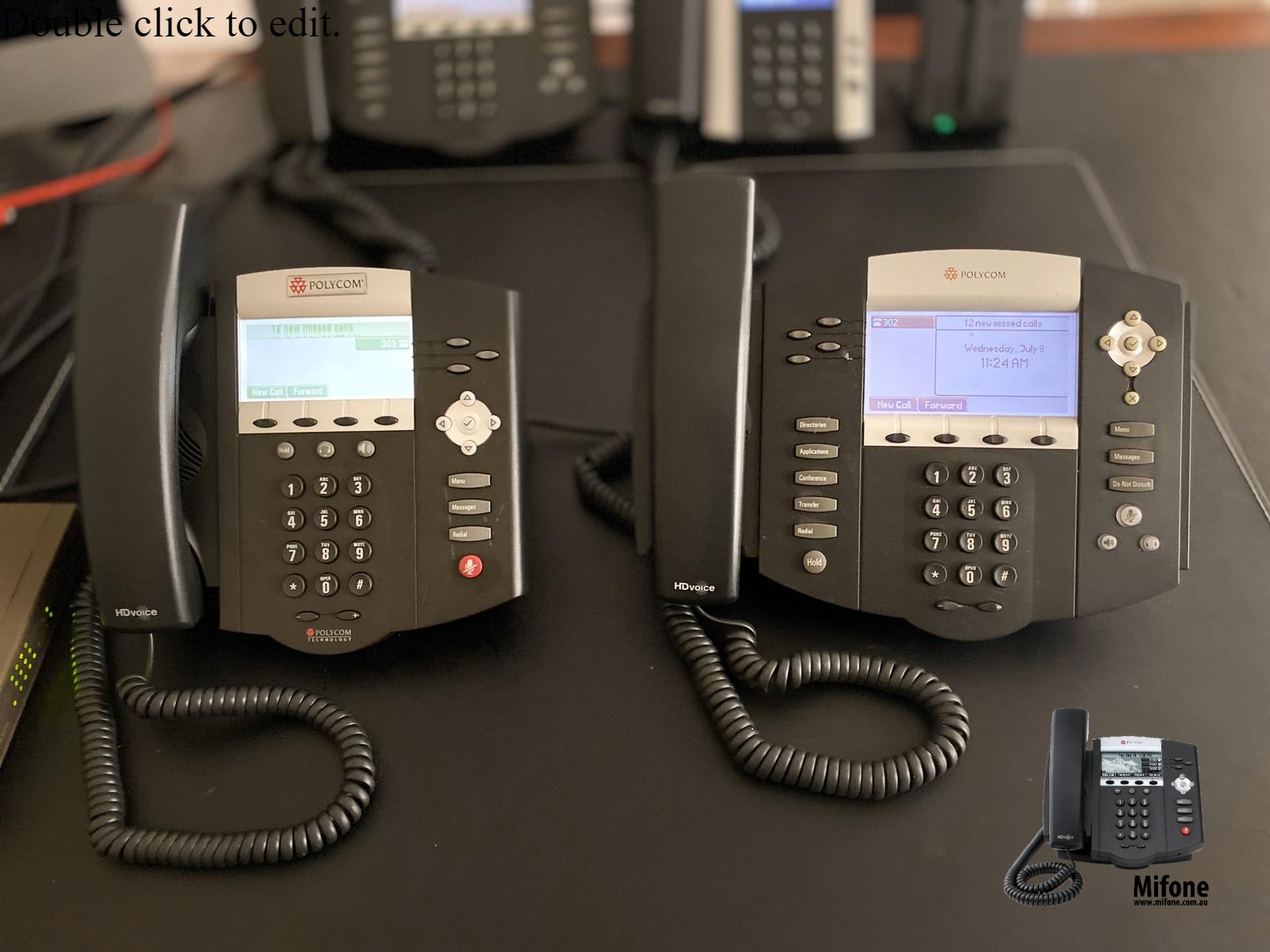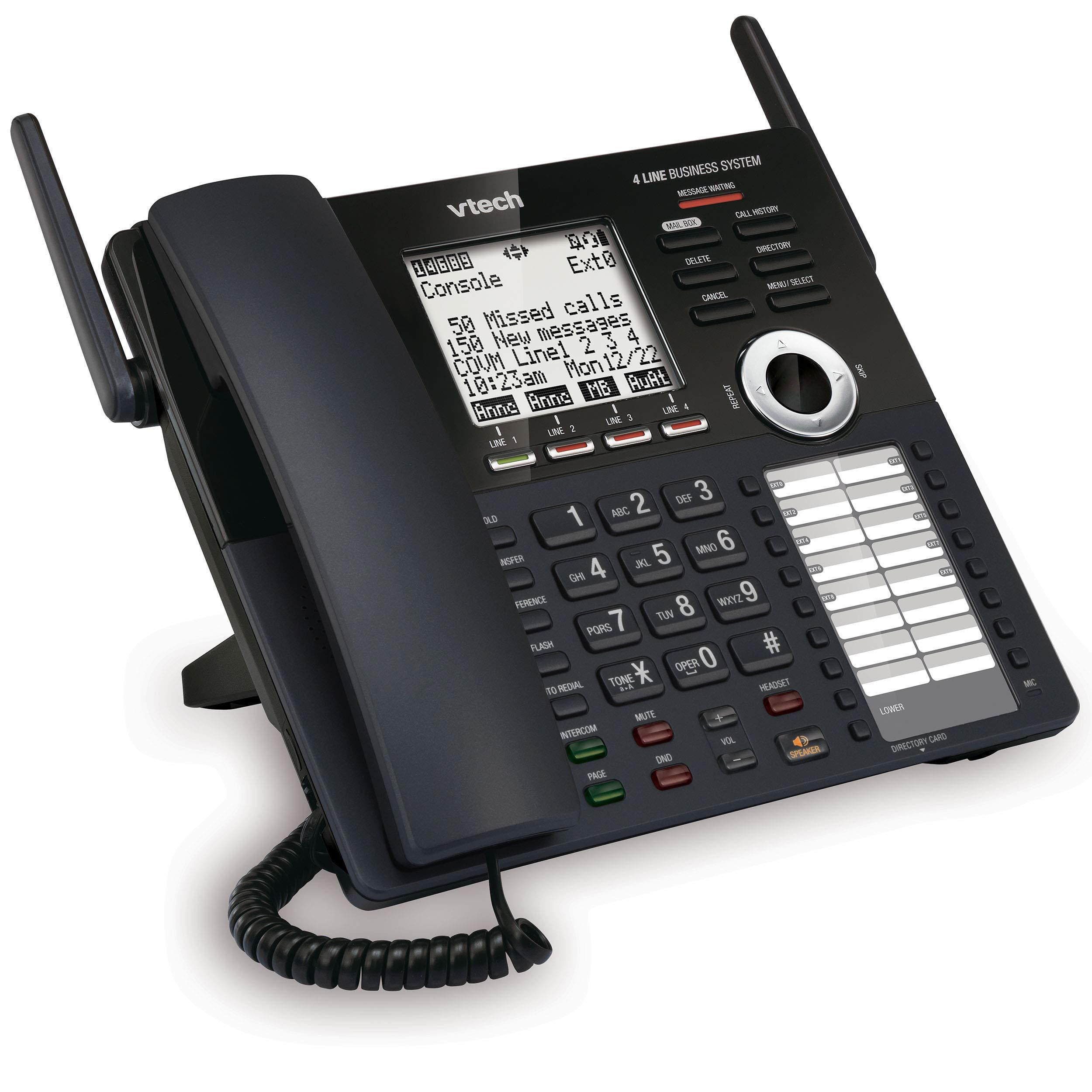Best Small Office Phone System
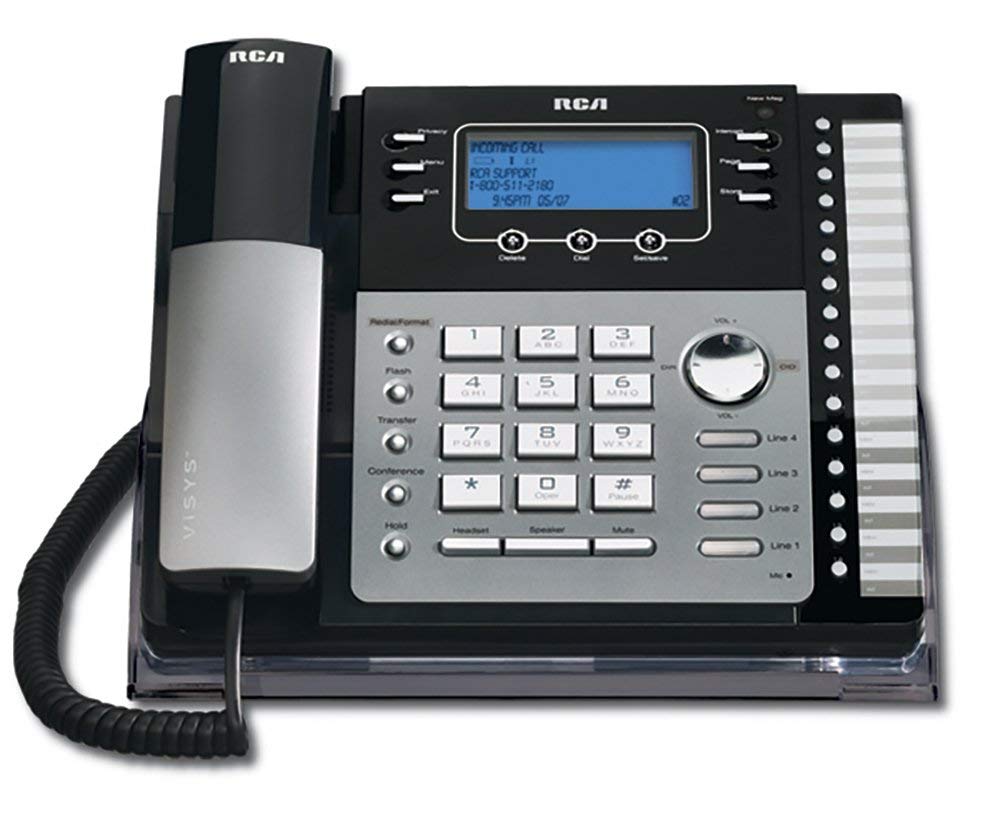
For value-conscious shoppers running a small business, effective communication is paramount, but hefty enterprise phone systems are overkill. A suitable small office phone system is the key to professional communication without breaking the bank.
This review analyzes the best small office phone systems, balancing affordability with the features your business needs to thrive.
We'll provide a shortlist, detailed reviews, a side-by-side comparison, and practical considerations to help you make an informed choice.
Why a Small Office Phone System Matters
A dedicated phone system offers more than just making calls.
Features like auto-attendants, voicemail, call routing, and conferencing enhance your professional image and improve customer service. These features are essential for maintaining a competitive edge.
Compared to using personal cell phones, a dedicated system offers better control, unified communication, and scalability as your business grows.
Shortlist of Top Small Office Phone Systems
Here are a few options, categorized by budget and target audience:
- Best Overall: RingCentral MVP - Feature-rich, scalable, and reliable.
- Best for Budget-Conscious: Ooma Office - Affordable with essential features.
- Best for Simplicity: Google Voice for Business - Easy setup and integration.
- Best for Hybrid Teams: Microsoft Teams Phone - Integrates seamlessly with Microsoft 365.
Detailed Reviews
RingCentral MVP
RingCentral MVP is a leading cloud-based phone system offering a comprehensive suite of features.
It includes unlimited calling, team messaging, video conferencing, and integrations with popular business applications.
Its scalability makes it suitable for growing businesses, but its pricing is on the higher end.
Pros: Feature-rich, scalable, reliable, excellent integrations.
Cons: Higher pricing compared to competitors.
Ooma Office
Ooma Office is a budget-friendly option ideal for small businesses looking for essential features at a lower cost.
It offers unlimited calling, virtual receptionist, voicemail, and basic call management features.
It lacks some advanced features found in pricier systems but offers excellent value for the money.
Pros: Affordable, easy to set up, good call quality.
Cons: Limited features compared to competitors, less scalable.
Google Voice for Business
Google Voice for Business is a simple and intuitive option for businesses already using Google Workspace.
It offers voice calling, voicemail transcription, and integration with other Google services.
Its simplicity makes it easy to use, but it may lack the advanced features required by some businesses.
Pros: Easy to use, integrates seamlessly with Google Workspace, affordable.
Cons: Limited features, less suitable for large teams.
Microsoft Teams Phone
Microsoft Teams Phone integrates phone system functionality directly into the Microsoft Teams platform.
Ideal for businesses heavily invested in the Microsoft ecosystem, it offers calling, conferencing, and collaboration tools in one place.
It requires a Microsoft 365 subscription and may be overkill for businesses that don't heavily use Teams.
Pros: Tight integration with Microsoft 365, unified communication, good for remote teams.
Cons: Requires Microsoft 365 subscription, may be complex to set up.
Side-by-Side Specs Table
| Feature | RingCentral MVP | Ooma Office | Google Voice for Business | Microsoft Teams Phone |
|---|---|---|---|---|
| Pricing | $$$ | $ | $$ | $$$ |
| Unlimited Calling | Yes | Yes | Yes | Yes |
| Auto-Attendant | Yes | Yes | Yes | Yes |
| Voicemail Transcription | Yes | No | Yes | Yes |
| Video Conferencing | Yes | No | Yes (via Google Meet) | Yes |
| Integrations | Extensive | Limited | Google Services | Microsoft 365 |
| Scalability | High | Low | Medium | High |
| Ease of Use | Medium | Easy | Easy | Medium |
| Performance Score (Out of 5) | 4.5 | 3.5 | 4.0 | 4.0 |
Practical Considerations
Choosing the right phone system requires careful consideration of your business needs. Consider the size of your team and growth projections.
Assess the features you need most, such as call routing, voicemail transcription, or integrations with other business tools. Finally, evaluate your budget and weigh the cost against the benefits.
Also consider factors like ease of setup, ongoing maintenance, and customer support.
Summary
Selecting the best small office phone system depends on your specific requirements and budget.
RingCentral MVP offers a comprehensive feature set for growing businesses, while Ooma Office provides an affordable solution for basic needs. Google Voice for Business is a simple option for Google Workspace users, and Microsoft Teams Phone is ideal for Microsoft 365 users.
Consider all the factors mentioned above to make an informed decision that meets your communication needs and supports your business goals.
Call to Action
Ready to upgrade your business communication? Research and compare your top choices to find the perfect fit for your small office phone system.
Take advantage of free trials and demos to experience the features firsthand before making a final decision. Streamline your communication today!
Frequently Asked Questions (FAQ)
What is a VoIP phone system?
VoIP (Voice over Internet Protocol) phone systems use the internet to transmit voice calls, offering cost savings and advanced features compared to traditional phone lines.
How much does a small office phone system cost?
The cost varies depending on the system and the number of users. Expect to pay anywhere from $10 to $50 per user per month for cloud-based systems.
Do I need special equipment for a VoIP phone system?
You'll need a reliable internet connection and VoIP-compatible phones or headsets. Softphones (software-based phones) can be used on computers or mobile devices.
Can I keep my existing phone number?
Yes, most VoIP providers allow you to port your existing phone number to their system.
What is auto-attendant?
An auto-attendant is a virtual receptionist that answers incoming calls and directs them to the appropriate person or department.

